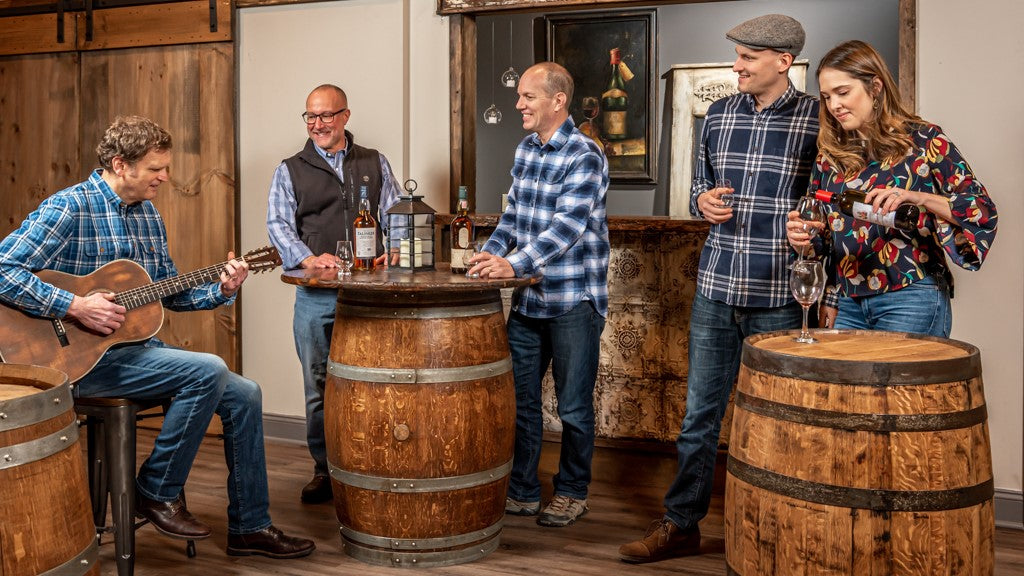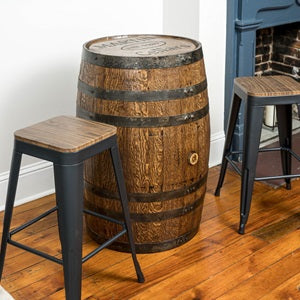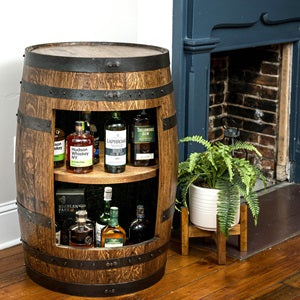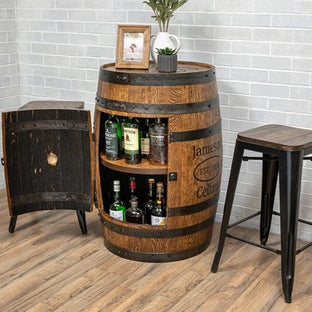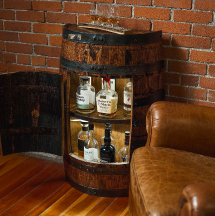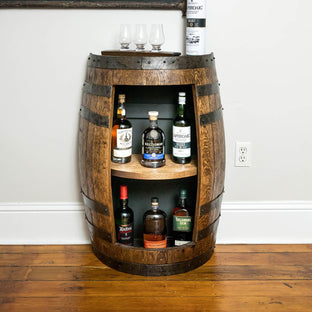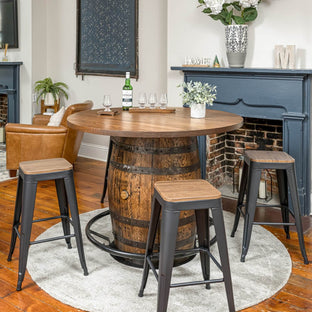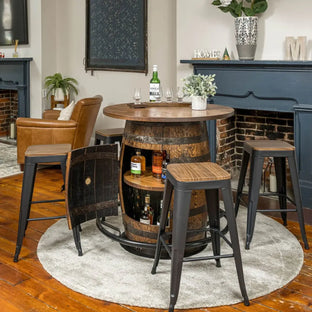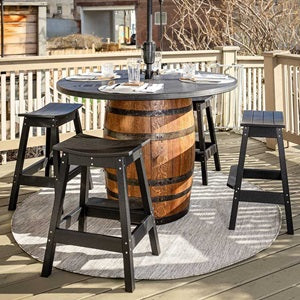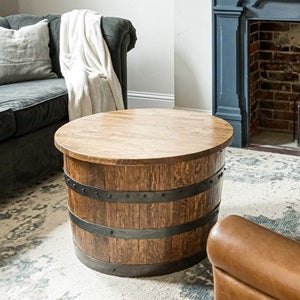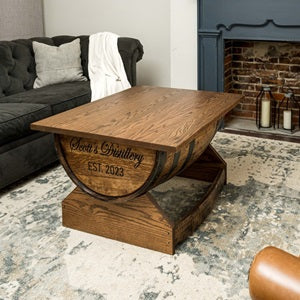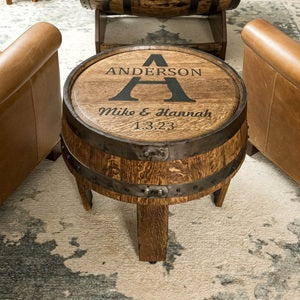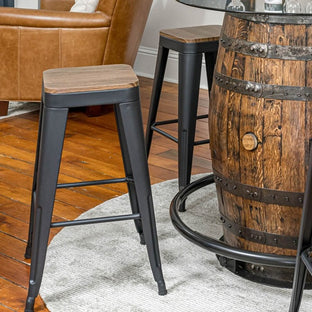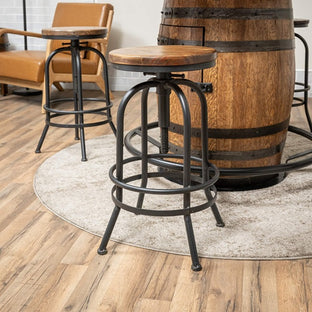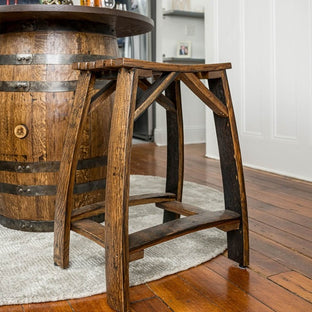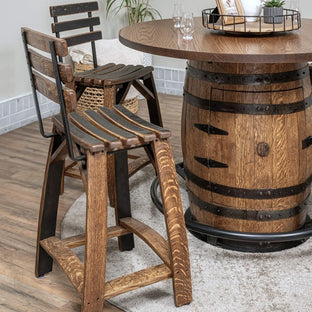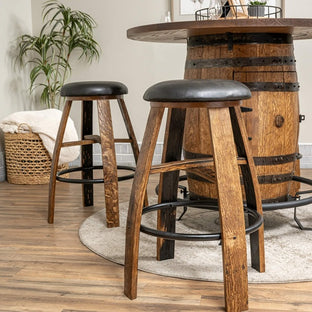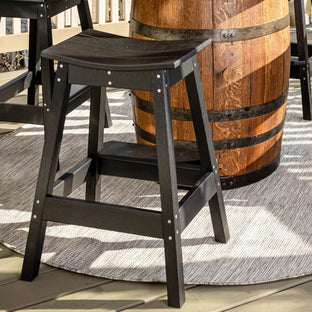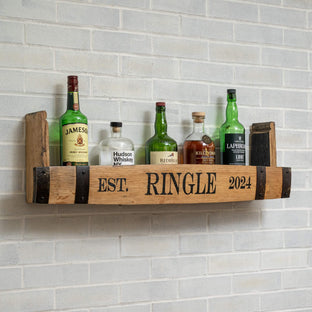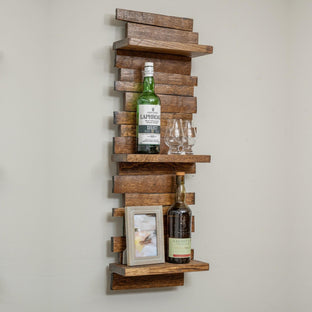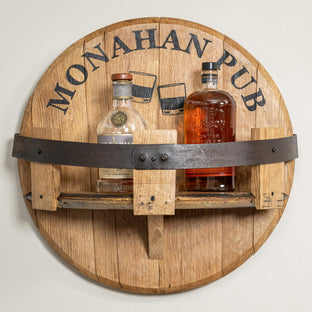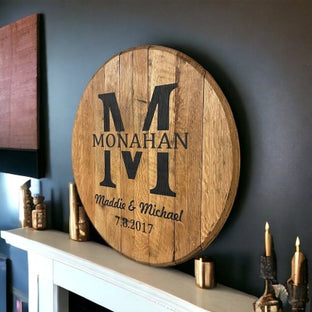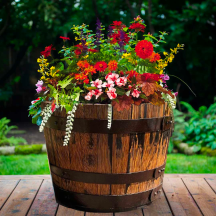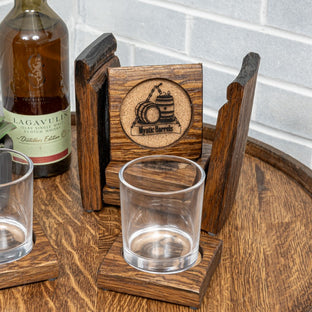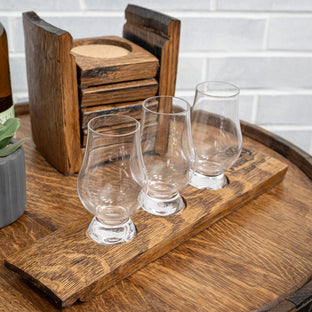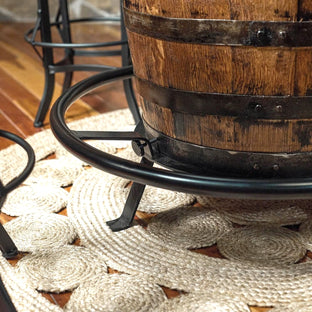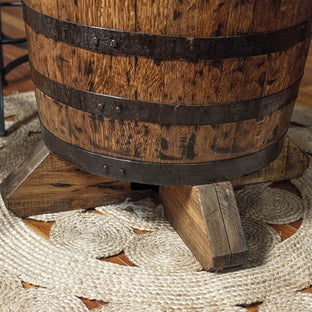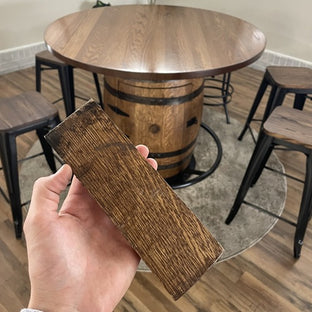If you're putting some kind of valuable liquid into your barrel, whether it's whiskey, wine or porter, or anything else, you need a good way to get the contents in and out of the barrel itself. That's where the bung comes in – it's a small part, but at the end of the day, it's a smart part that's very useful.
First of all, “bung” is not a dirty word. That's kind of a weird cultural shift that we've seen since the days when barrels were a more universal way to store goods. Today, barrels are mainly for alcoholic beverages, although they also hold all kinds of different items, for example, farmer’s market produce, or wedding favors. And because barrels are still so popular in their own way, bungs are still made by various companies and sold on the Internet and elsewhere.
Here are some tips for getting the best bungs for your barrels.
Different Kinds of Wood
Many companies use poplar wood to create the barrel bung. That's because poplar is one of the softer woods that can really expand and swell quickly to provide the right seal. Harder woods may not saturate and swell as much, so they may not fit as well into the barrel opening that they are meant to seal off until it's time to pour. As a secondary concern, hard woods are also typically more expensive, which is another reason to choose softer woods for bungs, if not for staves.
Tapered Bungs
Most of these aftermarket products for barrel stopping have a tapered design. Again, that’s so it's easier to fit the bung into the barrel and have it stay there for the long haul. A slight taper will typically do the trick – you can see this as you review the kinds of products offered by makers on the web.
No Treated Stuff
In making and buying barrel bungs, it’s important to stay away from treatment with various chemicals. That's because as the liquid rests against the interior surface, some of these chemicals could leach out into the contents of the barrel. Makers of anything, be it wood or ceramics, etc., usually know to avoid putting these types of chemicals into food-safe products, but it’s something to be aware of as you shop.
In general, you want a good seal and a good, sturdy setup, so that you don't have leaking and messy emergencies over time. Now that you know a little bit more about this type of barrel history, check out our catalog online and get what you need for your business.
